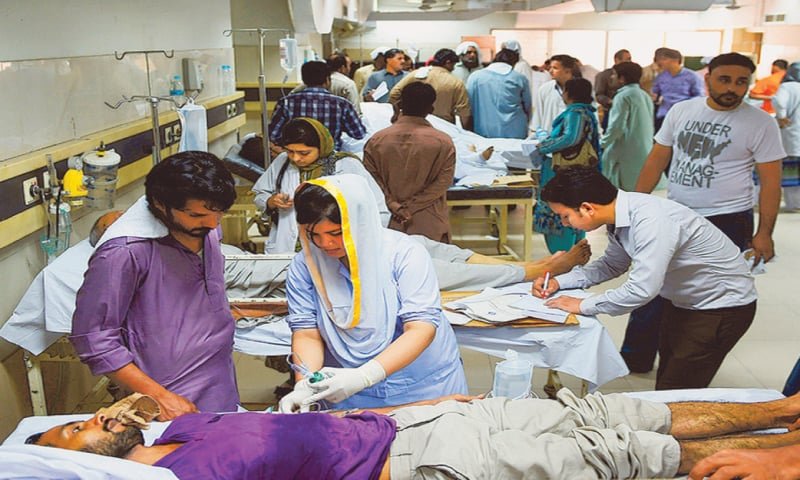The harassment of female doctors at hospitals is a long-standing issue, recently highlighted by the tragic rape and murder of a trainee doctor in Kolkata, India. Despite promises from the West Bengal government in 2019 to improve security, little progress has been made.
In Pakistan, women doctors face similar challenges. Often, they work in tough conditions with inadequate facilities. After long, exhausting shifts, doctors may find themselves resting in worn-out, unsecured rooms. Outside, patient families can be hostile, sometimes resorting to verbal abuse or threats when they receive bad news.
Female doctors in Pakistan also contend with harassment from male colleagues, ranging from inappropriate comments to unwanted physical contact. An online survey revealed that nearly half of female medical professionals in Pakistan feel unsafe and experience harassment at work.
Harassment extends beyond the workplace to interactions with patients’ families, who sometimes question or undermine female doctors’ authority based on gender. Despite laws and regulations, reporting harassment can be difficult, and many women choose to remain silent due to fear of retaliation or disbelief.
This pervasive issue impacts the well-being and safety of female medical professionals, who continue to face significant challenges in their work environments.

